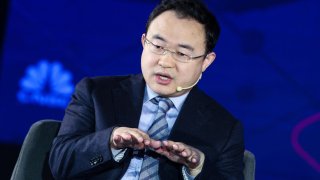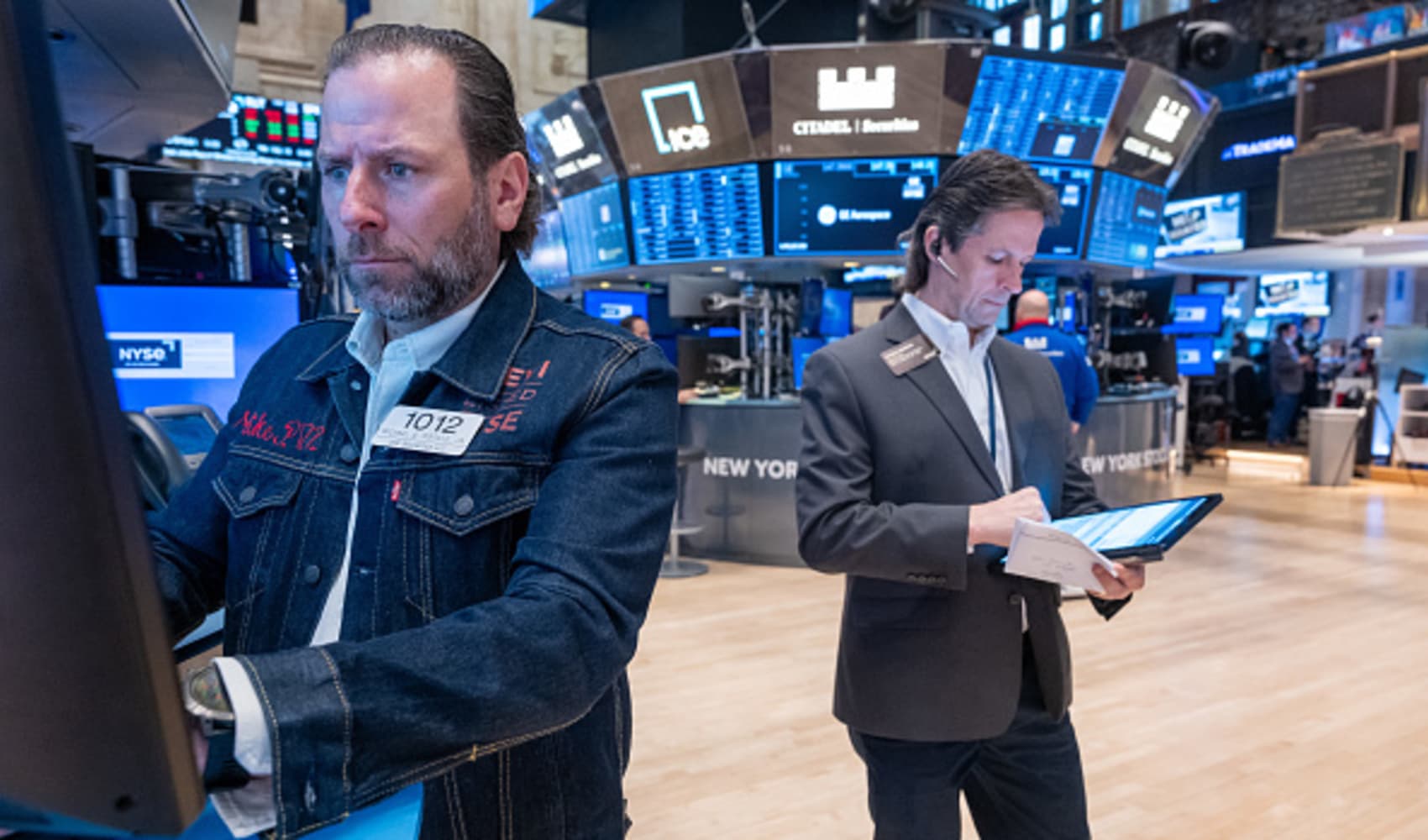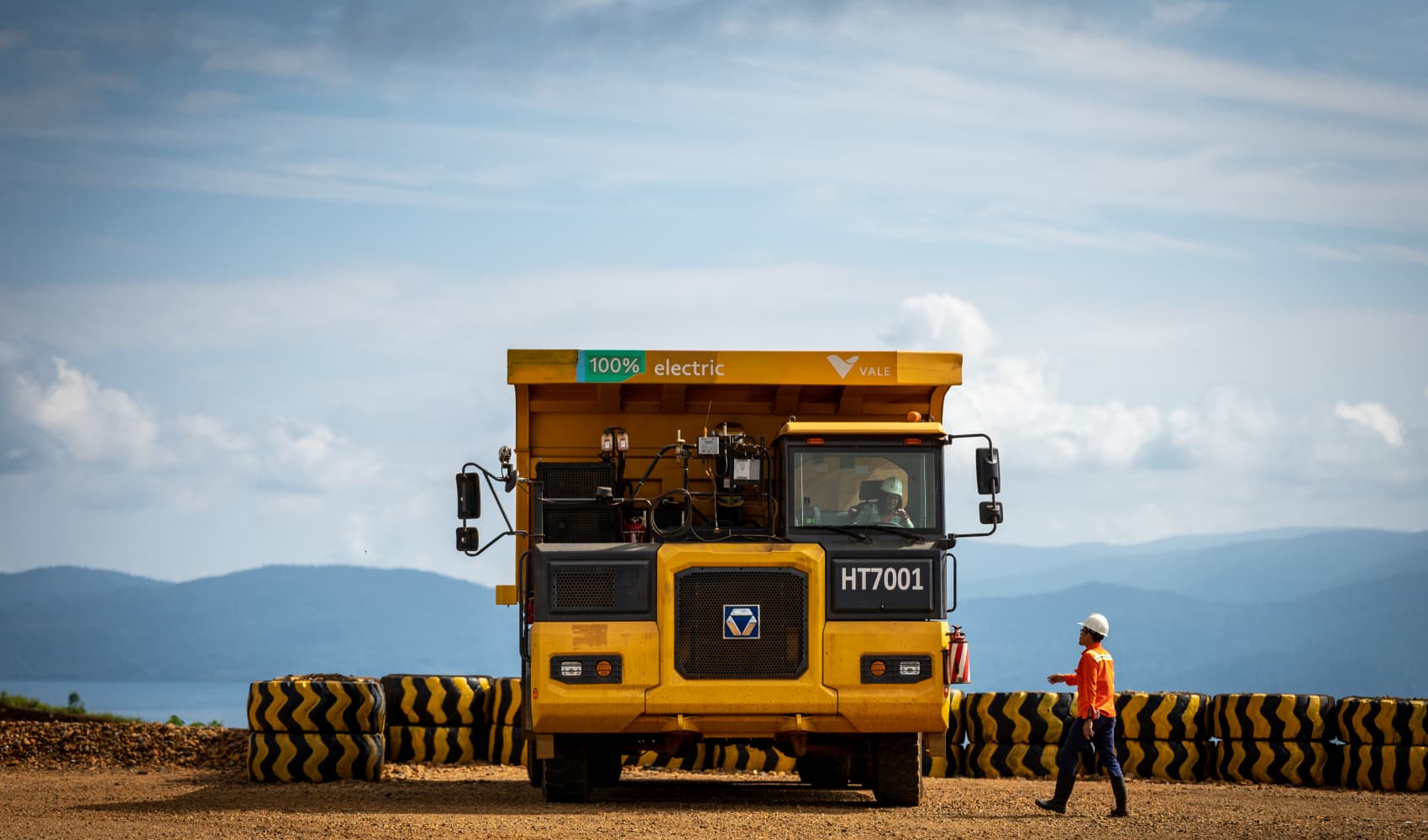
- There will need to be "self-contained" local ecosystems and a "highly engaged, interlocked" global supply chain, said Min Wanli of North Summit Capital.
- He also said the pandemic has accelerated the trend of streamlining supply chains and discussed how technology would play a part in that process.
A split between global and local supply chains will be important in the event of another crisis like the global pandemic, said the chief executive and founder of investment firm North Summit Capital.
"I believe there's a bifurcation of the global supply chain into global and local," said Min Wanli of technology-focused North Summit Capital.
A supply chain is a network between a company and its suppliers to produce and distribute the firm's products.
"For the critical supply systems, they've got to have the self-contained local ecosystem, especially in the next crisis like the … coronavirus," he told CNBC's Evelyn Cheng. On the other hand, the pandemic has also shown that a "resilient and also highly engaged, interlocked supply chain across the globe" is needed to address "unprecedented common challenges" in the world.
"The global supply chain will be further strengthened," said Min, who was formerly chief scientist at Alibaba Cloud.
Min was discussing the future landscape of supply chains in light of technology integration at CNBC's annual East Tech West conference in the Nansha district of Guangzhou, China. This year's conference was held both remotely and on the ground due to the pandemic.
Money Report
Accelerated transformation
The coronavirus has sped up changes in the supply chain, Min said.
"There's an overall trend which is accelerated further by this pandemic crisis — streamline, slim down the supply chain," he said, noting that there are traditionally many layers from the supply to the demand side. "In between, every layer will (incur) overheads and slow down the entire efficiency."
Artificial intelligence removes the uncertainty that can exist in the manufacturing process, Min said.
"I believe this crisis will significantly accelerate the integration and the penetration of AI into this supply chain," he added.
Technology has improved communication along the supply chain and will be part of the norm after the coronavirus has passed, predicted Min.
"The evolutionary path from current status to that new equilibrium essentially depends upon how fast you adopt the digital technology and also AI technology," he said.






